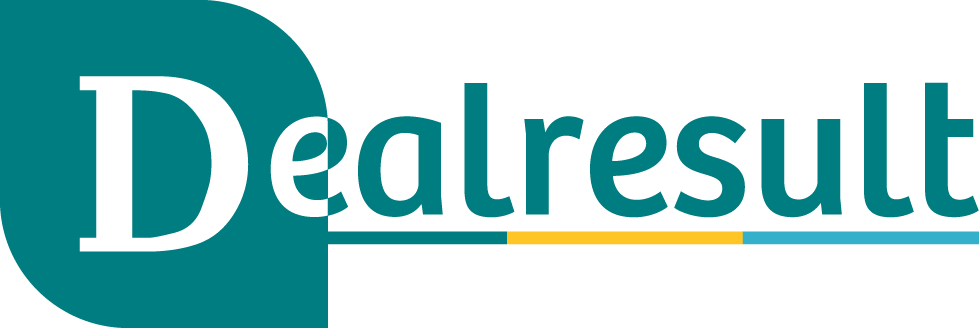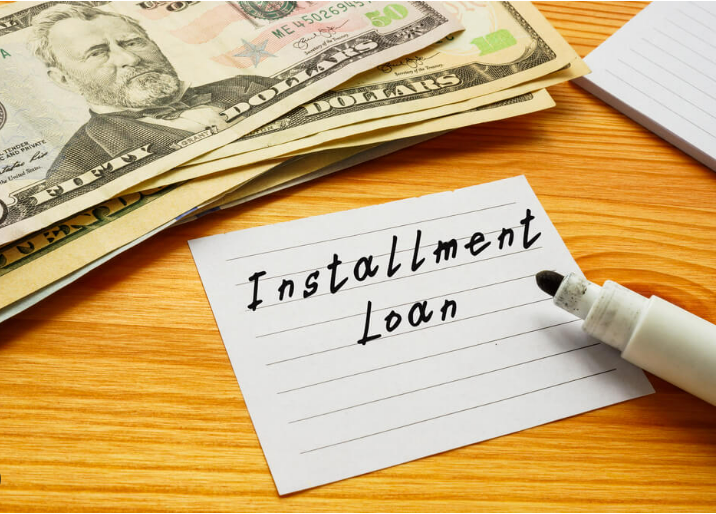How Do Guaranteed Mortgage Loans Work?


Guaranteed loans are essential to the mortgage market, providing borrowers with more flexible qualifying terms. These loans are backed by a third party, typically the U.S. government, which agrees to cover a portion of the loan if the borrower defaults.
What is a guaranteed mortgage?
A guaranteed loan is one that is backed by a third party other than the lender. This third party assumes partial responsibility for the loan, benefiting the lender. If the borrower defaults, the guarantor covers some or all of the outstanding debt.
Guaranteed mortgages are provided by private-sector lenders but are backed by a guarantor, typically a government agency, which compensates the lender if the borrower defaults.
How guaranteed mortgages work
With a guaranteed mortgage, a third party, usually a government agency, agrees to take responsibility for some or all of the loan if the borrower defaults. This guarantee protects the lender, not the borrower. The guarantor’s involvement allows lenders to confidently approve borrowers who may not make a substantial down payment or who may present more risk, such as those with lower credit scores.
Guaranteed loans are often backed by the U.S. government. The Federal Housing Administration (FHA) backs FHA loans, the Department of Veterans Affairs (VA) backs VA loans, and the Department of Agriculture guarantees USDA loans in eligible areas.
The VA loan program is generally considered a “guarantee,” while the FHA loan program is viewed more as “insurance.” Despite these differences, both programs provide third-party backing to help borrowers qualify for a loan.
Even with a lower down payment, a guaranteed mortgage must meet underwriting standards set by both the lender and the guarantor. Lenders often impose additional requirements, known as “overlays.” For example, while the FHA requires a minimum credit score of 580 to allow a borrower to put down just 3.5 percent, some lenders set their minimum score higher, at 620.
Guaranteed vs. non-guaranteed loans
The primary difference between guaranteed and non-guaranteed loans lies in the qualifying criteria. With a guaranteed mortgage loan, the eligibility requirements are more flexible. This is because a third party, often a government agency, guarantees to cover the loan if the borrower defaults. This guarantee provides a safety net for the lender, allowing them to offer more relaxed qualification criteria—such as lower credit score and income requirements—compared to a non-guaranteed loan.
Types of guaranteed home loans

There are several types of guaranteed loan programs available, each offering unique features and qualification criteria.
FHA loans
The FHA loan program is popular for several reasons:
- Low Down Payment: Borrowers can purchase a home with as little as 3.5 percent down if they have a credit score of 580 or higher. For those with credit scores between 500 and 579, a 10 percent down payment is required.
- Flexible Debt-to-Income Ratio: While the program allows a 43 percent debt-to-income (DTI) ratio, many borrowers qualify with higher ratios, sometimes up to 50 percent. This flexibility is due to “compensating factors” like cash reserves or higher credit scores that enhance a borrower’s creditworthiness.
- Competitive Interest Rates: FHA interest rates are often lower than those of conventional loans, which aren’t guaranteed or insured by the government.
However, opting for an FHA loan means paying two insurance premiums:
- An upfront premium equal to 1.75 percent of the loan principal.
- An annual premium ranging from 0.15 percent to 0.75 percent of the loan balance, paid monthly.
Depending on the size of your down payment, the mortgage insurance may be removed after 11 years. Otherwise, the annual premium remains unless you refinance to a different type of loan or pay off your FHA loan completely.
VA loans
VA loans are available to eligible active-duty servicemembers, veterans, and surviving spouses, allowing them to finance or refinance a home with zero down payment. This benefit can be used multiple times. The VA guarantee promises a certain amount to the lender if the borrower defaults on the loan.
VA loans offer significant flexibility for both borrowers and lenders. For instance, VA guidelines do not specify minimum credit score requirements or loan limits. Instead, lenders set their own credit score criteria and loan amounts based on the borrower’s financial qualifications.
Additionally, VA loans use a residual income standard to help lenders determine how much income a borrower needs after expenses to qualify for a loan.
When purchasing or refinancing, VA loan borrowers must pay an upfront funding fee, which can be waived under certain conditions.
USDA loans
USDA loans are available to low- and moderate-income borrowers with no down payment, but only in designated rural areas. (The definition of “rural” can be quite broad, so it’s worth checking if your area qualifies.)
USDA loans include both an upfront fee and an annual fee, calculated as a percentage of the loan principal, to maintain the USDA guarantee. These fees are charged to the lender but are typically passed on to the borrower.
Pros and cons of guaranteed home loans
As with most forms of borrowing, guaranteed home loans come with their own set of benefits and drawbacks.
Pros
- Lower Down Payment: The guarantee often incentivizes lenders to accept a higher loan-to-value (LTV) ratio, enabling a smaller down payment — or potentially none at all if you qualify for a VA or USDA loan.
- More Favorable Rates and Terms: Exploring a guaranteed mortgage might help you secure a lower interest rate or more favorable loan terms.
Cons
- Restrictions on Use: Depending on the guarantor, you might face limitations on how you can use the loan. For example, USDA loans are only available for homes in designated rural areas.
- Additional Costs: While the guarantee provides protection for the lender, the guarantor might require you to pay associated fees. For instance, FHA loans require you to pay for mortgage insurance.
Is a guaranteed loan right for you?
A guaranteed loan might be a suitable option for you in the following situations:
- Lower Credit Score: If your credit score is too low to qualify for other mortgage programs.
- Insufficient Income: If your income isn’t high enough to meet the requirements for traditional mortgages.
- Better Loan Terms: If you’re looking for more favorable terms, such as a lower interest rate.
A loan officer can assist you in evaluating which option is best for your needs and help you understand what you’re likely to be preapproved for based on your credit and financial situation.








